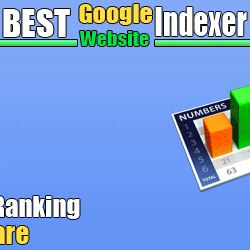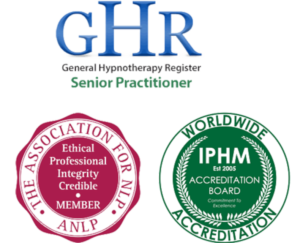Holistic medicine, also referred to as alternative medicine, is combining traditional evidence-based medicine with a host of preventative techniques.
The doctor treats individuals is as a whole, and not as a series of patchwork diagnoses with separate treatments. Instead, we educate patients about the various causes of their underlying illnesses. They are also taught to use lifestyle pattern changes, nutritional remedies, and foods to alleviate symptoms and disease.
For example, a healthy diet with appropriate fiber may be a remedy for a patient suffering from irritable bowel syndrome, instead of just “the laxative pill.” In addition, thyroid patients may benefit from a diet focused on autoimmune disease.
Principles Of Holistic Medicine
Conventional and alternative therapies may combine to treat and prevent disease so more patients can enjoy optimal health. A holistic health practitioner will look beyond symptoms to also consider the impact of lifestyle, spiritual, nutritional, emotional, environmental, and physical aspects of life. Guiding principles include:
- Whole-person integration. Patients are not viewed as their symptoms; they are considered as a whole (mind, body, spirit).
- Holistic medicine seeks to find the cause of disease rather than how to treat symptoms.
- Significant effort is expended on establishing a clear understanding of the factors that may contribute to a person’s disease state.
- Illness is not isolated from the patient, but rather a manifestation of dysfunction within the whole person.
- Patient-practitioner relationship is a significant factor in determining healing outcomes.
- The professional relationship considers the needs and objectives of the patient as well as their personal insights and awareness of both patient and practitioner.
- The body has an innate ability to heal; the practitioner’s intent is to facilitate this.
- Holistic practitioners continually explore safe and effective options for diagnosing and treating a variety of conditions.
What Can Holistic Medicine Treat?
Like conventional medicine, holistic therapies can address numerous different health issues. We are proud to provide personalized health care to patients who are interested in maximizing physical and mental performance as well as those who have specific medical concerns.
Benefits Of Holistic Medicine
There are several reasons why alternative medical care is appealing, including:
Receive Personal Attention
Holistic medicine emphasizes both mind and body as a way to understand and achieve whole-body health. To achieve this, practitioners spend time getting to know the various aspects of their patient’s lives.
Well-Rounded Care:
Disease is not separate from the person who carries it. Alternative medicine does not focus on the disease, then, it considers all aspects of physical wellness as well as each patient’s emotional and spiritual health.
Focused On The Cause:
Alternative medicine treats the cause. A holistic approach questions the many factors that may be involved in disease to unearth the originating causes. This could be diet, stress, immune-suppression, or other triggers. By finding the cause, the need to treat symptoms decreases.
Flexible Treatment
Conventional medicine treats symptoms, often with medication. Even in light of lifestyle changes, a course of treatment may not change. Holistic medicine is more fluid, closely following the response to various therapies and lifestyle modifications and adjusting as needed.
Holistic therapies seek to improve the way the body functions naturally. This decreases the chance of becoming reliant on medication.
Best Candidates For Alternative & Holistic Medicine
Many people are good candidates for holistic medicine. It is our intent to ensure that the diagnostic and treatment modalities we offer meet the needs of each individual seeking to improve their health and quality of life. If you’re curious about holistic medicine, contact our office to discuss your needs and goals.
Note: Reiki doesn’t replace conventional medicine. It complements it.












